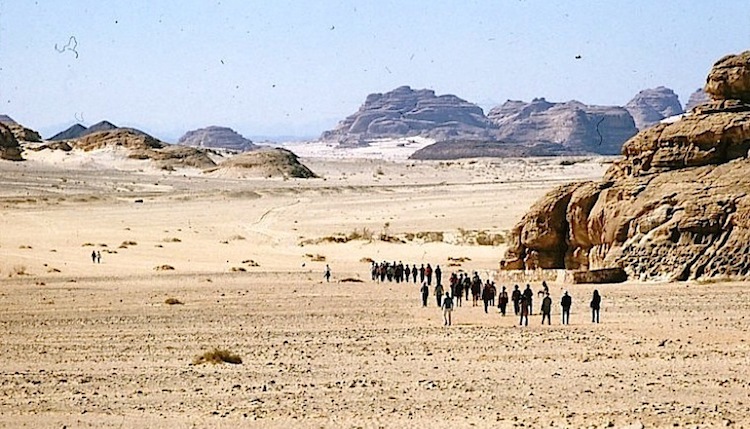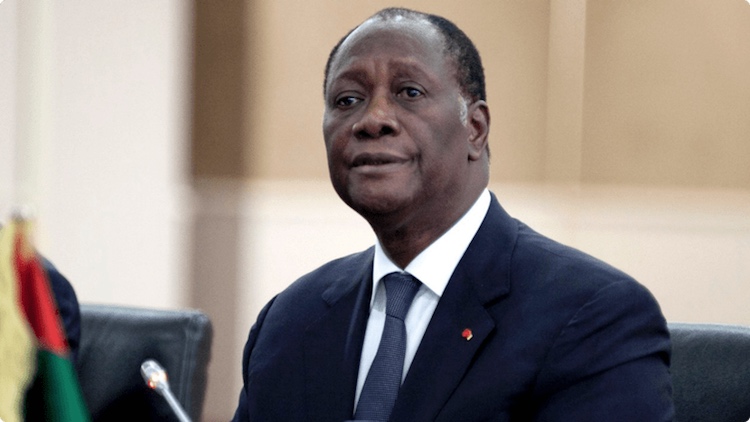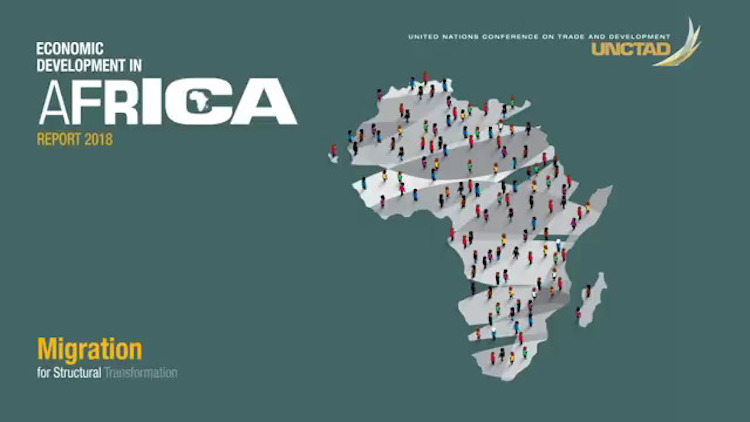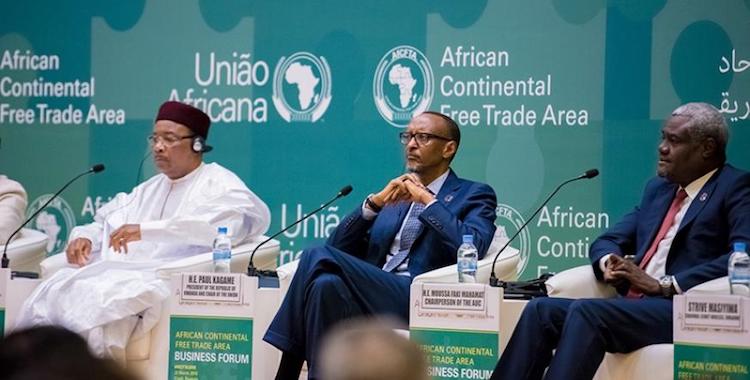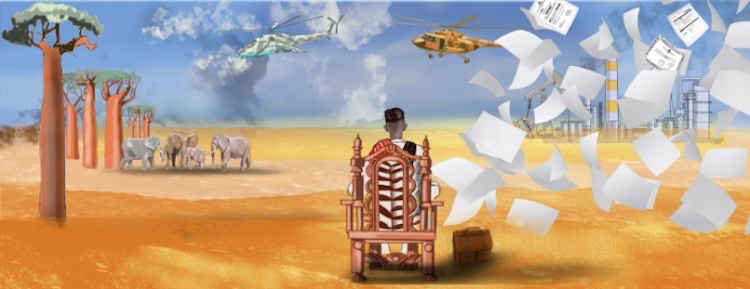By Lisa Vives, Global Information Network NEW YORK (IDN) – In a new 37-page report, the rights watchdog Amnesty International has documented “unlawful killings, destruction of private property, arbitrary arrests and torture” in two restive regions in Cameroon tied to a power struggle pitting French- against English speaking Cameroonians. In the Amnesty report titled, A […]
Young Ugandan Wins Major Prize For Malaria Detector
By Lisa Vives, Global Information Network NEW YORK (IDN) – Ugandan inventor Brian Gitta, 24, has scooped a major prize for his device that detects tell-tale signs of malaria – the leading cause of death in his country. In fact, Gitta developed the device, called “Matibabu” after blood tests failed to diagnose his own malaria. […]
Campaign Frees Famous Cartoonist In Equatorial Guinea Prison
By Lisa Vives Global Information Network NEW YORK (GIN) – If you’ve ever received a request to step up for a jailed author, artist or journalist, you might have wondered later: Was he ever freed? In the case of Ramon Nse Esono Ebale – he certainly was and he thanks you. In a moving letter […]
Security Council Backs Dutch Sanctions Against Eritrean and Libyan Traffickers
By Ramesh Jaura BERLIN | NEW YORK (IDN) – For the first time ever, the UN Security Council has put human traffickers on an international sanctions list by imposing sanctions on six leaders operating networks in Libya. Four are Libyans, including the head of a regional coast guard unit, and two Eritrean nationals. By resolution 1970 […]
Ivory Coast President’s Agenda 2030 Evokes Protests
By Lisa Vives, Global Information Network NEW YOK (IDN) – In a recent interview with a French magazine, Ivory Coast President Alassane Ouattara revealed his vision of two more terms in office despite having repeatedly said he would step down at the end of his second term in 2020. The news throws cold water on […]
Infighting Delays a ‘New Dawn’ in South Africa
By Lisa Vives, Global Information Network NEW YORK (IDN) – South Africa’s former leader Jacob Zuma is among those said to be impeding efforts by his successor, President Cyril Ramaphosa, to create a “new dawn” for citizens and foreign investors – free of corruption and cronyism which became associated with the Zuma regime. Zuma was […]
Mamadou and Ramatoulaye Opt Out Of Migrating To Europe
Following is the text of an epilogue in Chapter 6, titled ‘recommendations and conclusions’ of Economic Development in Africa Report 2018: Migration for Structural Transformation, published on June 1, 2018 by the United Nations Conference on Trade and Development (UNCTAD). – The Editor. GENEVA (IDN | UNCTAD) – The news on the radio about Libya […]
Gambia Ex-President Tied to 2005 Murders of Refugees
By Lisa Vives, Global Information Network NEW YORK | ACCRA (IDN) – Strong evidence has been gathered linking the former president of The Gambia, Yahya Jammeh, to the murder of 44 West African migrants mostly from Ghana by operatives of the ex-president. The sole survivor of the mass killing, also from Ghana, promised himself not […]
Me Too Movement Challenges African Halls Of Power
By Lisa Vives, Global Information Network NEW YORK | JOHANNESBURG (IDN) – A promised investigation into gender discrimination at the African Union appears to be idling on the back burner, according to the South African Mail & Guardian. Some 37 women employees at the African Union Commission (AUC) have complained of “ill-treatment and humiliation”, investigators […]
Governments Do Little as West African Countries are Plundered
By Will Fitzgibbon In the region’s largest-ever journalism collaboration, reporters from 11 countries expose the financial secrets of some of West Africa’s most powerful politicians, moguls and corporations. The following article first appeared on the website of International Consortium of Investigative Journalists (ICIJ) on 22 May 2018 with the headline WEST AFRICA LEAKS: How Officials, […]




